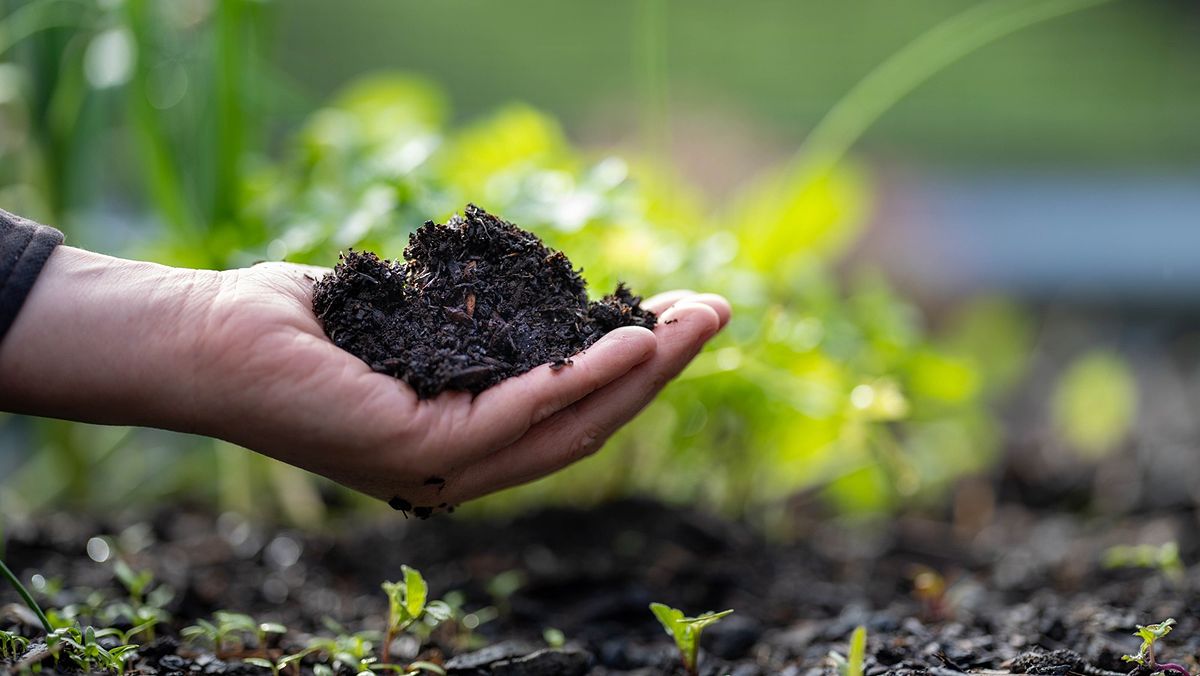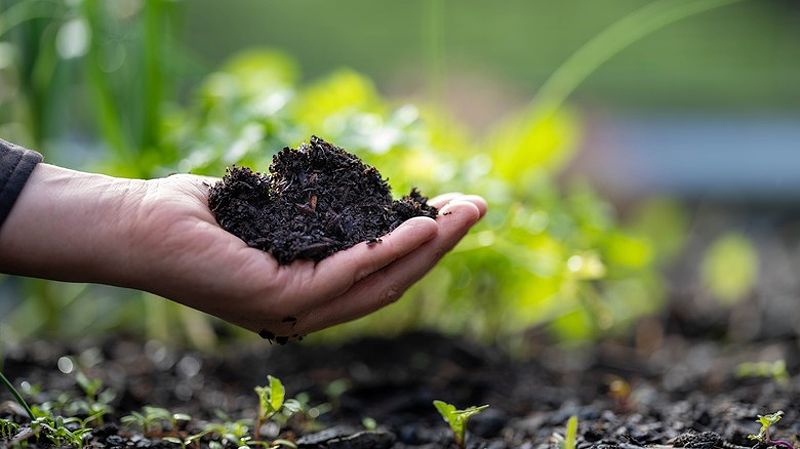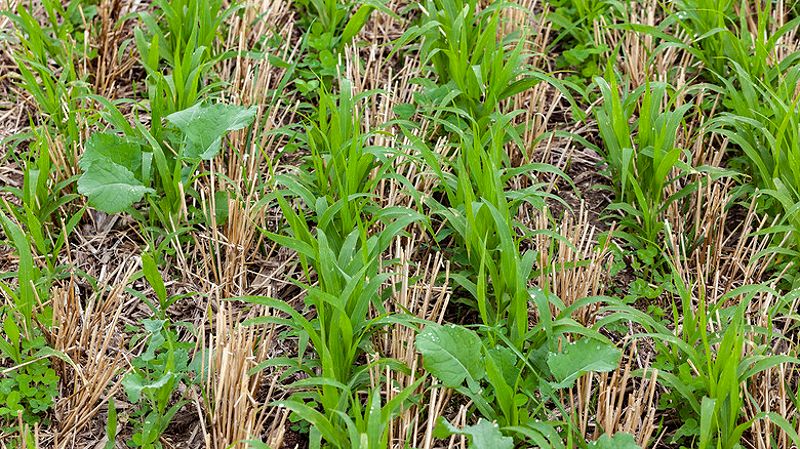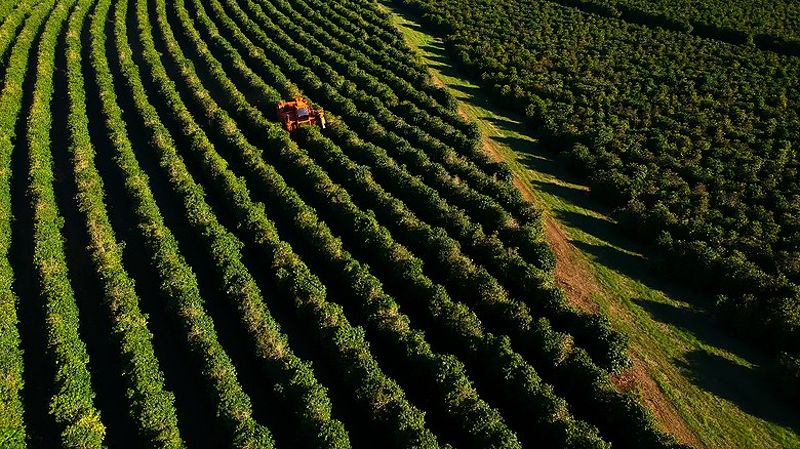Discover the potential of regenerative farming in revolutionizing our food and agriculture systems. Explore how regenerative practices improve soil health, enhance biodiversity, and mitigate climate change. Learn how this sustainable approach prioritizes ecosystem restoration and produces healthier, nutrient-rich crops.
- Understanding Regenerative Farming: A Sustainable Approach to Agriculture
- Benefits of Regenerative Farming: Healthier Crops and Climate Change Mitigation
- Regenerative Farming vs. Organic Farming: A Holistic Approach
- The Transformative Impact of Regenerative Farming
- Sharing Knowledge and Collaborating for a Regenerative Future
- The Promising Future of Regenerative Farming
Understanding Regenerative Farming: A Sustainable Approach to Agriculture
Regenerative farming is a sustainable agricultural approach that aims to restore and enhance natural ecosystems. Unlike traditional farming methods that prioritize maximizing yields through synthetic chemicals and monoculture cropping, regenerative farming takes a different approach.

( Credit to: Tastingtable )
By employing practices such as crop rotation, cover cropping, and minimal tillage, regenerative farming improves soil health, sequesters carbon, and reduces the need for chemical inputs. This shift towards regenerative farming has the potential to revolutionize our food and drink supply in the future.

( Credit to: Tastingtable )
Benefits of Regenerative Farming: Healthier Crops and Climate Change Mitigation
Regenerative farming offers several key benefits, starting with the promise of healthier and more nutrient-rich crops. By nurturing soil microorganisms, regenerative practices promote plant health, resulting in better quality produce.

( Credit to: Tastingtable )
In addition to improving crop quality, regenerative farming addresses climate change by capturing and storing carbon in the soil. This helps mitigate greenhouse gas emissions and promotes resilience against pests and diseases through diversified ecosystems, reducing the reliance on chemical pesticides.

( Credit to: Tastingtable )
Regenerative Farming vs. Organic Farming: A Holistic Approach
While organic farming focuses on reducing synthetic chemicals and promoting ecological sustainability, regenerative farming goes a step further. It actively seeks to improve soil health, sequester carbon, and enhance ecosystem services.

( Credit to: Tastingtable )
Regenerative farming represents a holistic and sustainable approach to agriculture, emphasizing outcomes rather than rigid rules. It allows for flexibility and adaptation to local conditions, making it a promising choice for the future of food and agriculture.
The Transformative Impact of Regenerative Farming
Regenerative farming has a transformative impact on our planet. By adopting regenerative practices, farms become more resilient to climate change and revitalize ecosystems. These practices reduce soil erosion, enhance water quality, and promote wildlife habitat.
Moreover, regenerative farming has the potential to make agriculture carbon-neutral or even carbon-negative. By actively removing carbon dioxide from the atmosphere through carbon sequestration in healthy soils, regenerative farming contributes to mitigating climate change.
Sharing Knowledge and Collaborating for a Regenerative Future
The knowledge and best practices of regenerative farming are being widely shared across the industry. Farmers, scientists, and organizations like the Rainforest Alliance are collaborating to disseminate information and provide training, fostering a community of regenerative practitioners.
Companies such as Nespresso and General Mills are also supporting regenerative farming by sourcing from regenerative farms and investing in research. This collaborative effort is crucial in driving the adoption of regenerative practices and shaping a more sustainable future for our food systems.
The Promising Future of Regenerative Farming
The future of food with regenerative farming is promising and transformative. As regenerative practices become more widespread, the quality and taste of food products are elevated to new heights. Contrary to expectations, regenerative farming is also proving to be cost-effective by reducing the need for costly synthetic inputs and excessive water usage.
As awareness of its benefits grows, more farmers are likely to adopt regenerative practices, leading to an increase in regenerative agriculture’s share of global food production. This shift towards regenerative farming could have far-reaching consequences, mitigating climate change, bolstering food security, and preserving biodiversity.
As it continues to reshape our food systems, the impact on the quality, taste, and sustainability of our favorite foods and beverages will only become more pronounced, ensuring a brighter, more sustainable, and tastier future for all.
